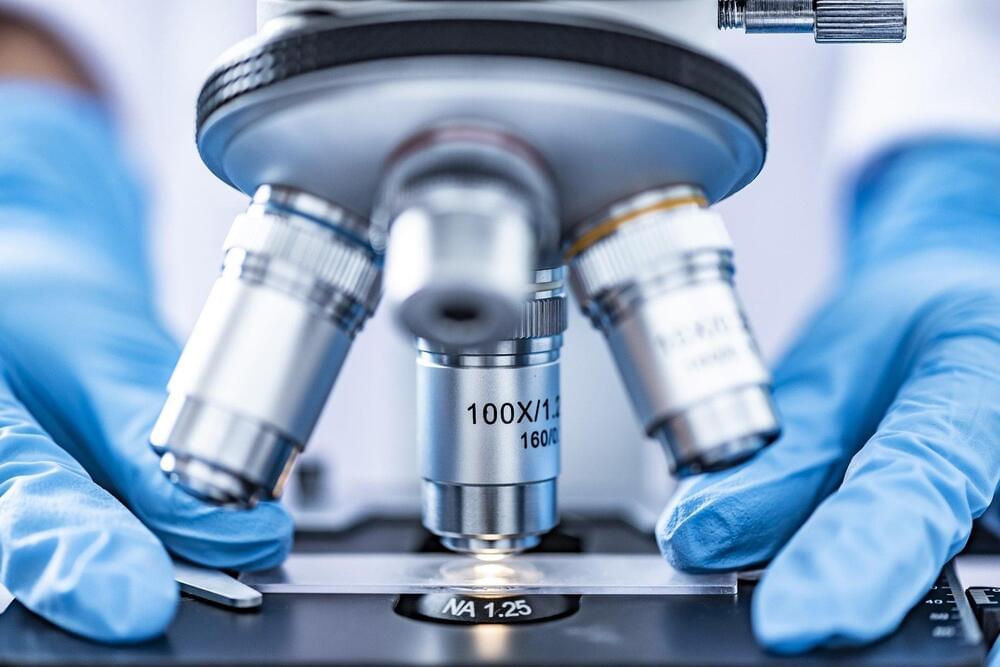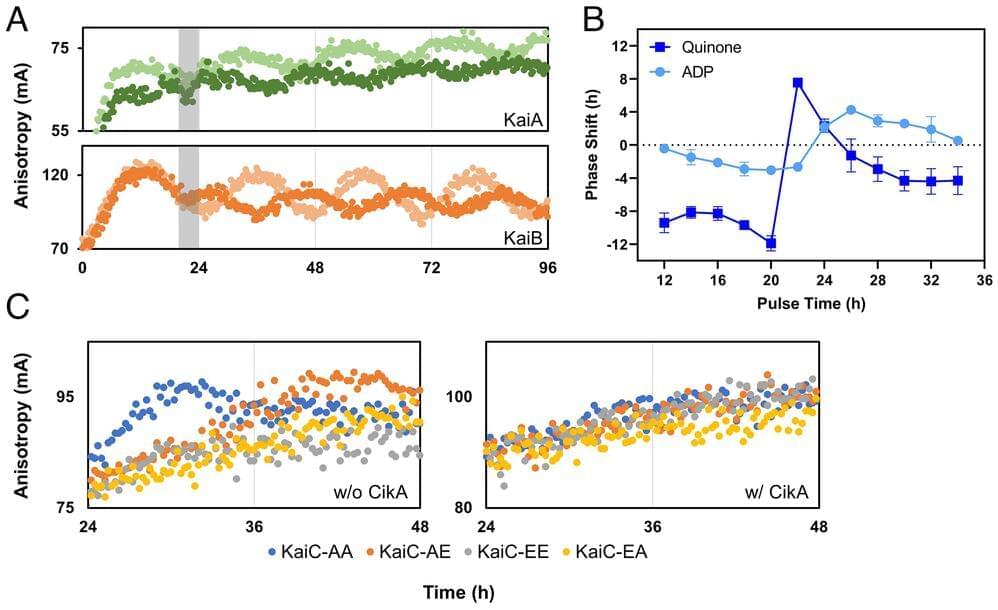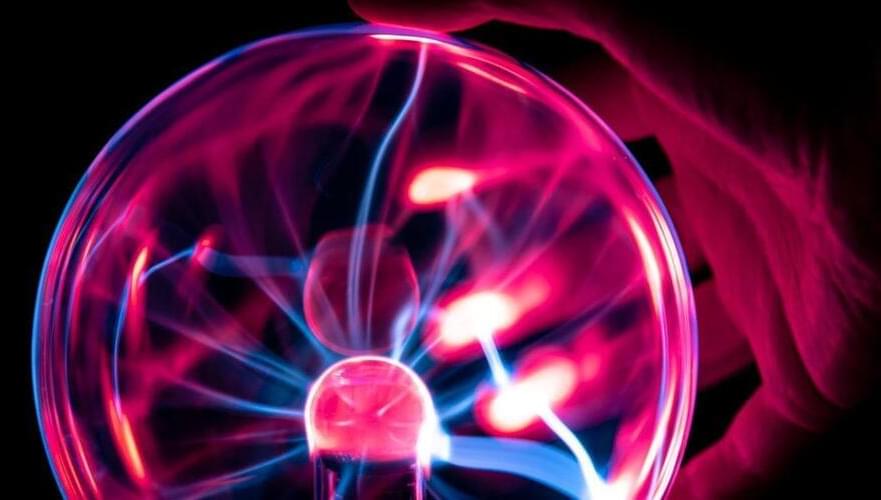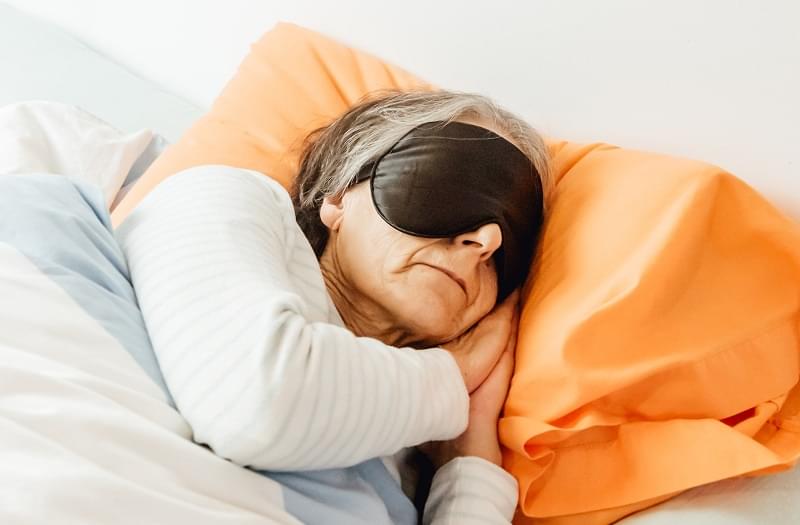We may build incredible AI. But can we contain our cruelty? Oxford professor Nick Bostrom explains.
Up next, Is AI a species-level threat to humanity? With Elon Musk, Michio Kaku, Steven Pinker & more ► https://youtu.be/91TRVubKcEM
Nick Bostrom, a professor at Oxford University and director of the Future of Humanity Institute, discusses the development of machine superintelligence and its potential impact on humanity. Bostrom believes that in this century, we will create the first general intelligence that will be smarter than humans. He sees this as the most important thing humanity will ever do, but it also comes with an enormous responsibility.
Bostrom notes that there are existential risks associated with the transition to the machine intelligence era, such as the possibility of an underlying superintelligence that overrides human civilization with its own value structures. In addition, there is the question of how to ensure that conscious digital minds are treated well. However, if we succeed in ensuring the well-being of artificial intelligence, we could have vastly better tools for dealing with everything from diseases to poverty.
Ultimately, Bostrom believes that the development of machine superintelligence is crucial for a truly great future.
0:00 Smarter than humans.



